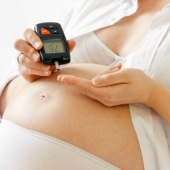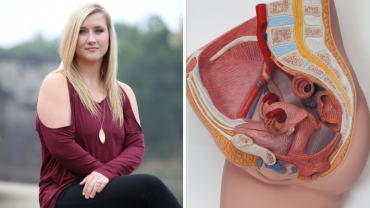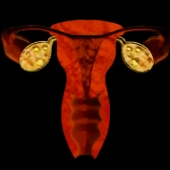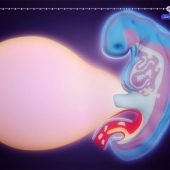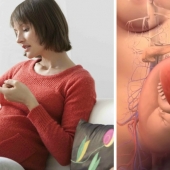Embryogenesis starts with the fertilization of the egg cell (ovum) by a sperm cell, (spermatozoon). Once fertilized, the ovum is referred to as a zygote, a single diploid cell. The zygote undergoes mitotic divisions with no significant growth (a process known as cleavage) and cellular differentiation, leading to development of a multicellular embryo.
Gestation is the period of time between conception and birth when a baby grows and develops inside the mother's womb. Because it's impossible to know exactly when conception occurs, gestational age is measured from the first day of the mother's last menstrual cycle to the current date. It is measured in weeks.
This means that during weeks 1 and 2 of pregnancy, a woman is not yet pregnant. This is when her body is preparing for a baby. A normal gestation lasts anywhere from 37 to 41 weeks.
About video: HCL Learning DigiSchool presents you animated study material on Embryonic Development. It explains the different stages of embryogenesis and development of organs. Video furthur details the monthly growth of the embryo from implantation to full maturity.
- 4051 views

